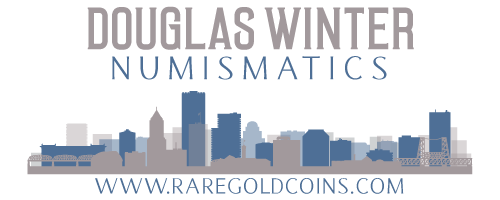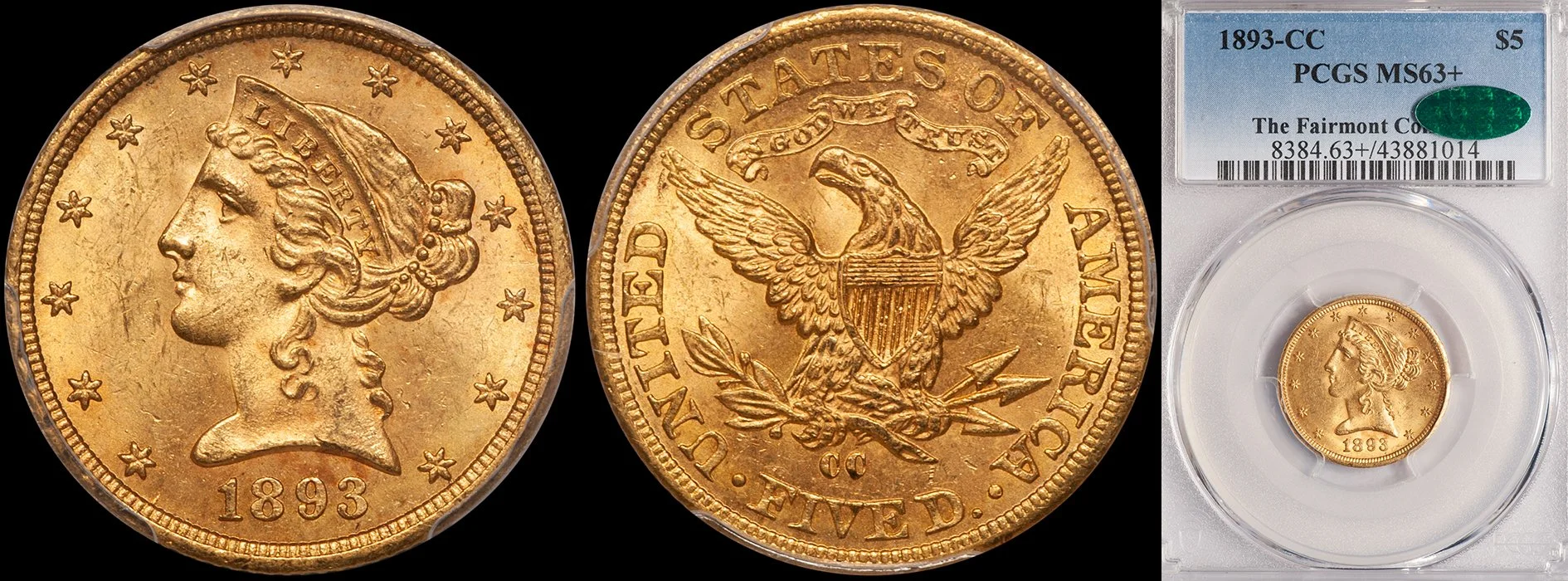Are Auction Prices Wholesale or Retail?
/Until a few years ago, the vast majority of coins that sold at auction were purchased by dealers. It was a safe bet to say that the prices realized at auctions were wholesale and collectors could assume that they would typically pay 10-20% more than what coins were selling for at auction. But this has all changed. One of the key elements to Heritage's rousing success in the coin auction business has been to make sales more collector-friendly. Today, a sizable amount of the coins that sell at auction are going directly to collectors. So, are auction prices now representative of the wholesale or retail markets? The answer is not as easy as you might think...
The answer is actually, as you might have, guessed, "answers." Nothing in the coin market is cut and dry anymore and the new auction market and the prices that coins fetch in an auction conducted in 2010 can have a broad range.
The first thing that has to be analyzed is what coin is being sold. If it's something that's extremely collector-friendly (like a rare date Type One Liberty Head double eagle) the price realized is likely to represent a retail level as it is likely to have been sold to a collector. If it's a widget or a low-end coin that sells cheaply we can assume that a bottom-feeder dealer bought it and the price it brought is clearly at the wholesale level.
The next thing that has to be gauged is the quality of the sale itself. One of the most amazing things about the Bass sales, in my opinion, was the fact that virtually all the coins were bought by dealers. If the Bass sales were to be held today (and conducted by a technologically savvy firm like Heritage) I would venture to guess that over 50% of the coins would be sold for retail as opposed to wholesale prices.
Is the coin in an auction a grading play? (In other words, is it an AU58 in an older holder that would upgrade to MS61 to MS62?) In this case it is a virtual certainty that the coin sold to a dealer. But there is an immediate asterisk that must be applied to the sales price. If the coin is worth $5,000 in AU58 and $13,000 in MS62, it is highly possible that at least two ramblin' gamblin' dealers would pay $10,000-11,000 for the coin. In such an instance, the collector needs to be careful not to assume that just because one AU58 coin sold at auction for $10,000-11,000, the next one(s) will as well.
Auction records are most useful when they occur with some degree of frequency (two or three examples per year) and when any anomalies can be discarded.
Let's say, for example, that a certain Charlotte quarter eagle in AU55 has sold at auction five times since 2007. The prices realized have been $3,500, $3,750, $2,650, $8,000 and $4,000. We can pretty much immediately boot the $8,000 auction record as we can assume that this was a severely under-graded coin with a large spread to the next highest grade(s). We can also boot the $2,650 record as this may have been for an extremely low end coin or it may have been in a "bloodbath" auction that, for a host of reasons, saw very low overall prices in specific areas of the market. This leaves us with three prices: $3,500, $3,750 and $4,000. A quick assumption can now be made that this AU55 Charlotte quarter eagle has a value in the range of $3,500 to $4,000. Another way of looking at this is that the wholesale value might be $3,500 while the retail value might be $4,000.
I have a theory that auction firms give collectors just enough information to do damage to themselves. They provide an archive of auction prices which show what coins have sold for and with a little bit of digging, the collector can determine if the coin sold on the floor, over the phone or to an Internet bidder. But unless someone really follows the market carefully, all of this "information" can do little more than serve as an easy way for the neophyte to make major mistakes. I have long said that hiring an auction representative for 5% is far and away the best value in all of numismatics. This fee (which amount to a whopping $250 on a $5,000 coin) is a small price to pay to have a specialist explain to you why a certain auction record is valid or not valid.
So 700+ words later, I'm back to my basic question: are auction prices wholesale or retail? As you can plainly see, there is no quick answer to this and I urge collectors, new or experienced, not to be lulled into a false sense of security based on what seems like unquestionable information.










